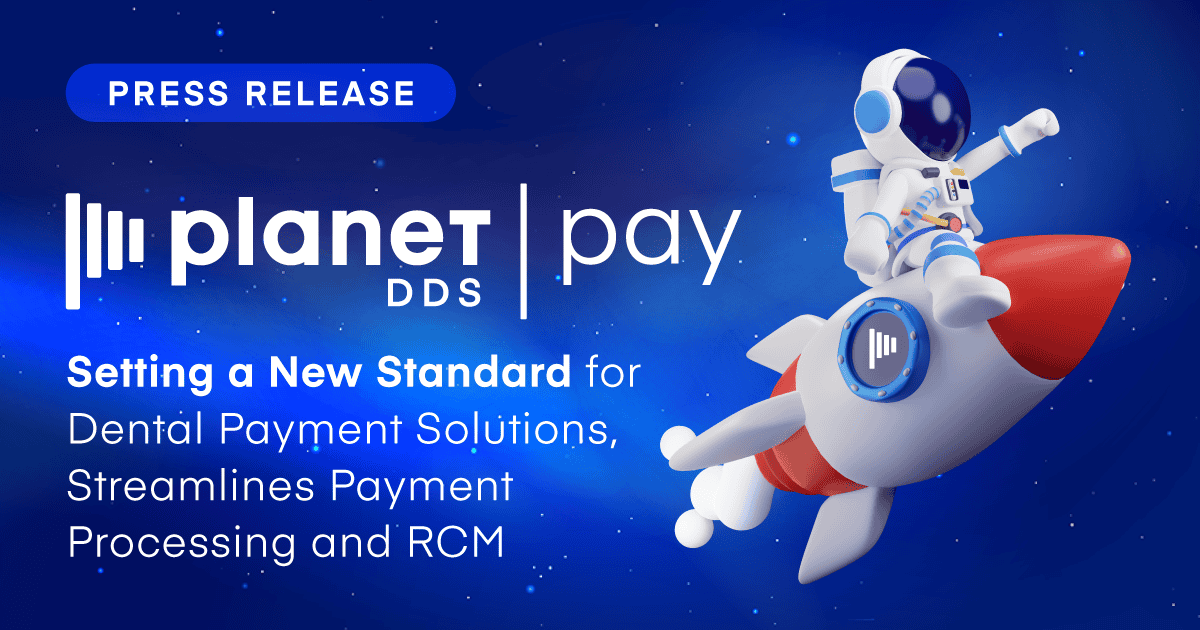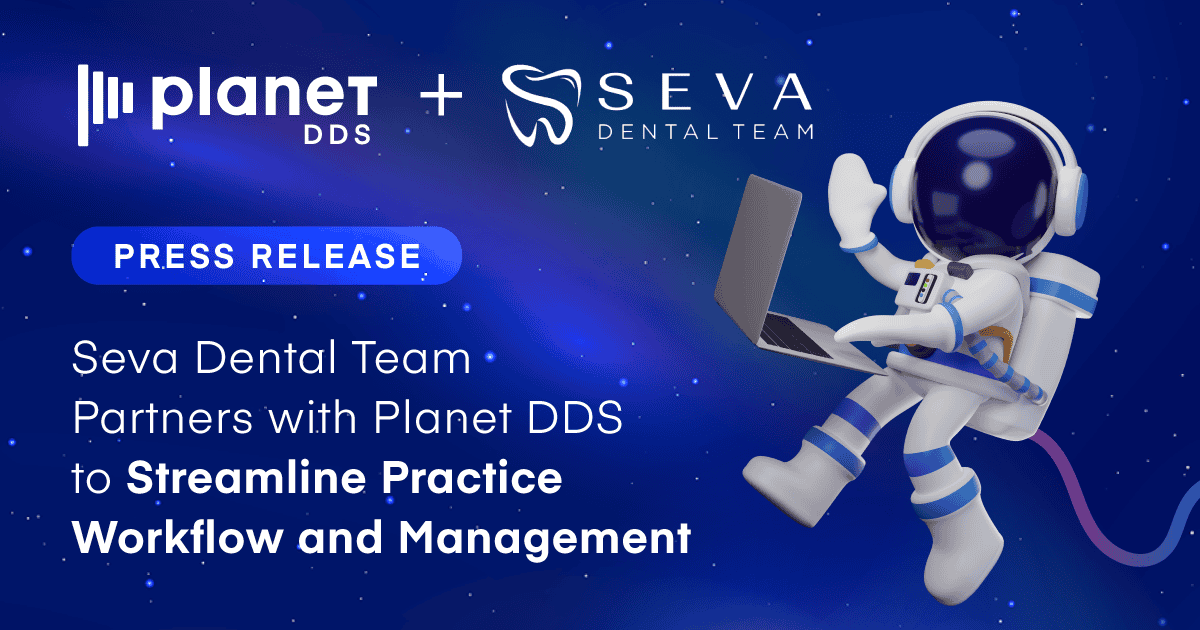Orthodontist vs Dentist Services: Which Should Your Practice Offer?

If you manage a dental clinic, chances are you’ve had confused patients going to your dental clinic and mistaking it for an orthodontic clinic. Admittedly, it’s an easy mistake to make since all dental and ortho specialists deal with a person’s oral health. But where they differ, however, is in their specialty.
In this article, we’ll discuss the difference between dentist and orthodontist services and the focus of each. We’ll also discuss the benefits of adding orthodontia services to your practice’s offerings.
What is a Dentist?
A dentist is a general term that refers to a doctor focused on a person’s oral health – mostly the teeth and gums. However, their expertise also extends to the tongue and mouth. A dentist, unless specified otherwise, is considered a generalist role. Their main practice involves diagnosing and treating oral health conditions like tooth decay and gingivitis.
Probably the most well-known service of a dentist is tooth extraction and cleaning. However, you’ll be surprised that the latter is performed more by dental hygienists than regular dentists. In bigger clinics, it might be more efficient to have this separation of duties.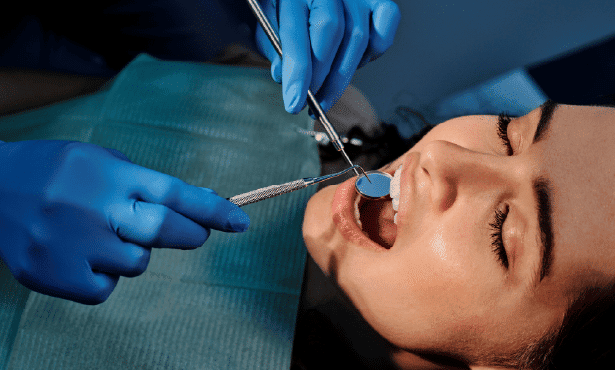
Apart from these, dentists can also perform a wide variety of services, including:
- Oral surgeries
- Filling of cavities or teeth
- Teeth whitening
- Teeth repair
- Putting on dental crowns
- Treating gum disease
Dentists can also use X-rays and have the authority to prescribe medicine to treat oral conditions. In many ways, a dentist is like a doctor. It’s no surprise, then, that the path to becoming either is roughly the same.
Dentists are required to complete a pre-medical degree before attending a formal course in a recognized dentistry school. In the U.S., the school must be accredited by the Commission on Dental Accreditation (CODA). All dentistry schools require a residency to complete a dentistry degree.
Lastly, all dentists must pass a licensure exam set by the state board of dentistry. Although every test differs from state to state, they involve three areas: educational, written, and clinical exams. Dentists may legally practice their craft only after passing their exam and earning their license.
What is an Orthodontist?
But the real question here is: is an orthodontist a dentist? In short, yes — an orthodontist is a dentist who specializes in treating tooth and jaw misalignment. Their main job is to ensure that your teeth and jaw are lined-up correctly. If not, they have a variety of treatments and tools that can help.
So what are orthodontics services and how do they differ from those of a dentist? The most basic service of an orthodontist is installing braces and retainers. If you’ve ever had braces, you probably remember visits to your local orthodontist’s office. Additionally, orthodontists can also perform teeth alignment surgery and diagnose bite problems.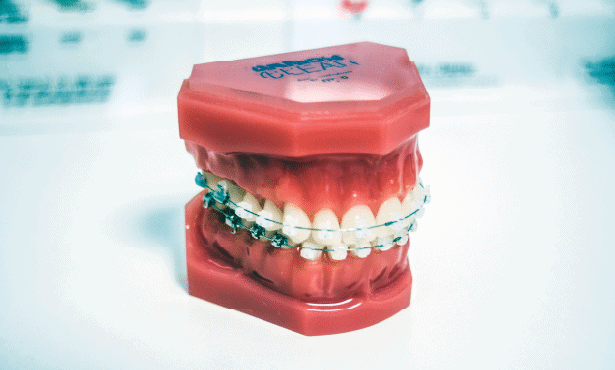
In theory, an orthodontist can perform all the services a dentist could, such as cleaning or extracting teeth. But in practice, their skills are better reserved for treating teeth alignment issues, which also costs more. The reverse, though, isn’t true – a dentist can’t perform the duties of an orthodontist unless they undergo further training and certification.
Because an orthodontist is considered a specialist, such services may not be covered by a patient’s dental coverage on their insurance plan. This is something to consider when advising patients on whether to undergo further orthodontic treatment. Also, a typical patient won’t go straight to an orthodontist. Often, a dentist would be the one to refer them to an orthodontic clinic if they believe the patient needs more specialized treatment.
To become an orthodontist, a person must study to become a dentist first. That means earning a pre-medical degree, attending dental school, and passing a licensure exam. But it doesn’t end there. Orthodontists must go through an orthodontic residency program for a further two or three years. Once completed, they are then required to pass an orthodontic certification exam before they can legally practice orthodontics.
The Benefits of Adding Orthodontia Services to Your Practice
Now that we’ve compared an orthodontist vs dentist, you might be considering expanding your practice offerings to include orthodontia. If you are, great! There are lots of good reasons to offer both dentist / orthodontist services: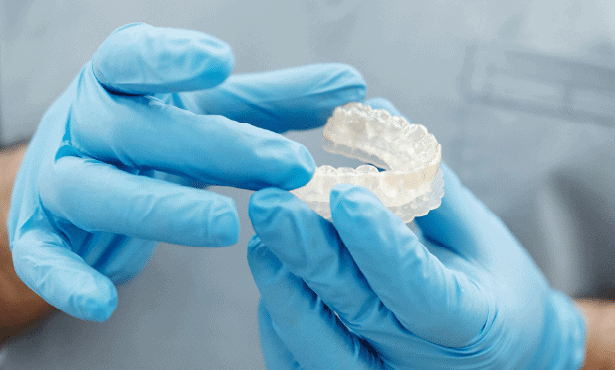
Give more comprehensive dental care
The biggest advantage of focusing on becoming a dentist / orthodontist hybrid is that it considerably expands your offering. This allows you to offer much more effective treatment to patients.
For example, your dentists can better understand the connection between jaw alignment and overall dental care. When a person’s teeth are well-aligned, it can help them brush more effectively, leading to healthier teeth and gums. A lack of bacteria in the mouth can also lead to better respiratory and cardiac health.
Moreover, teeth alignment can also prevent bite and speech problems, which could cause psychological distress and loss of self-confidence. This robust knowledge can improve all dental and orthodontics services significantly since you now know they interact with each other.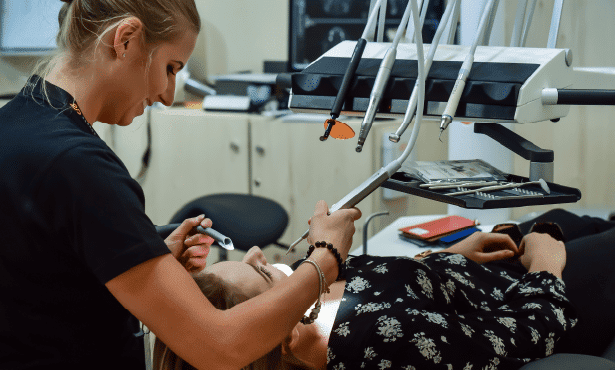
You can advise patients better
Another benefit of offering orthodontics services is that you can advise and empathize with patients more. A dentist focusing only on dental care will be ill-equipped to answer a patient’s questions about other orthodontics treatments.
They also can’t allay that person’s fear regarding the procedure, the pain level (if any), and the financial burden involved. By having a wider range of dental knowledge, a dentist with orthodontic skills can gain the patient’s trust.
Get more repeat business from existing patients
When a patient needs more advanced dental procedures, a dentist would often refer them to an orthodontist office. Aside from giving away business to another clinic, there’s also the risk that they would become the patient’s clinic, especially if they offered orthodontics and dental services.
But what if your clinic can also offer orthodontic services? Then you can serve them right then and there without ever having to refer them to someone else. Of course, the obvious benefit is that you can increase your revenue. After all, it’s much easier (and cheaper) to serve your current customers than to acquire new patients through marketing.
But beyond that, there’s also a big advantage to patients. They’re your existing customers, so you already know their oral health and history intimately. Hence, you can deliver better orthodontic care much faster.
From a marketing perspective, better service can also lead to more referrals. And more referrals mean you’ll get more customers for free.
Satisfy needs in an in-demand but scarce service
It’s often more difficult for a patient to find an orthodontist vs dentist office. That’s because there’s a shortage of dentists with the necessary orthodontic skills.
To become an orthodontist, you need additional study beyond that of a dentist. Plus, you also need to complete a specialized residency. This takes significant time, money, and effort — no wonder many dentists don’t pursue it.
But if you take the time to add orthodontics to your services, it can help you stand out among other clinics. Chances are, you’ll always have a market for your offering because it’s so in demand yet scarce.
Lower treatment costs for your patients
As mentioned above, learning orthodontics takes more time, money, and effort. That’s the reason orthodontists get to charge more. But if you offer both dental and orthodontic services, you can lower the costs of your offerings significantly. That means you can deliver a more affordable treatment to your patients.
From a practical standpoint, it helps you serve more patients and attract potential ones. We already discussed how rare an orthodontist is, but an affordable one is arguably rarer.
From a humanitarian standpoint, it helps change your patients’ lives. Many people who badly need orthodontic treatment have concerns about how they’ll afford it. You can serve these people by offering affordable orthodontic services in your dental clinic.
Serve Your Patients Better with Cloud 9 Software
Whether you’re opening a dental practice or you’re a veteran practice manager looking to add more services, Cloud 9 Software can help you manage your day-to-day. Our robust platform helps you streamline your clinic operations by handling electronic claims, payments, patient communications, and more in one easy-to-use platform.
Request a demo today of orthodontic practice management software to see how Cloud 9 can make your clinic more efficient.

